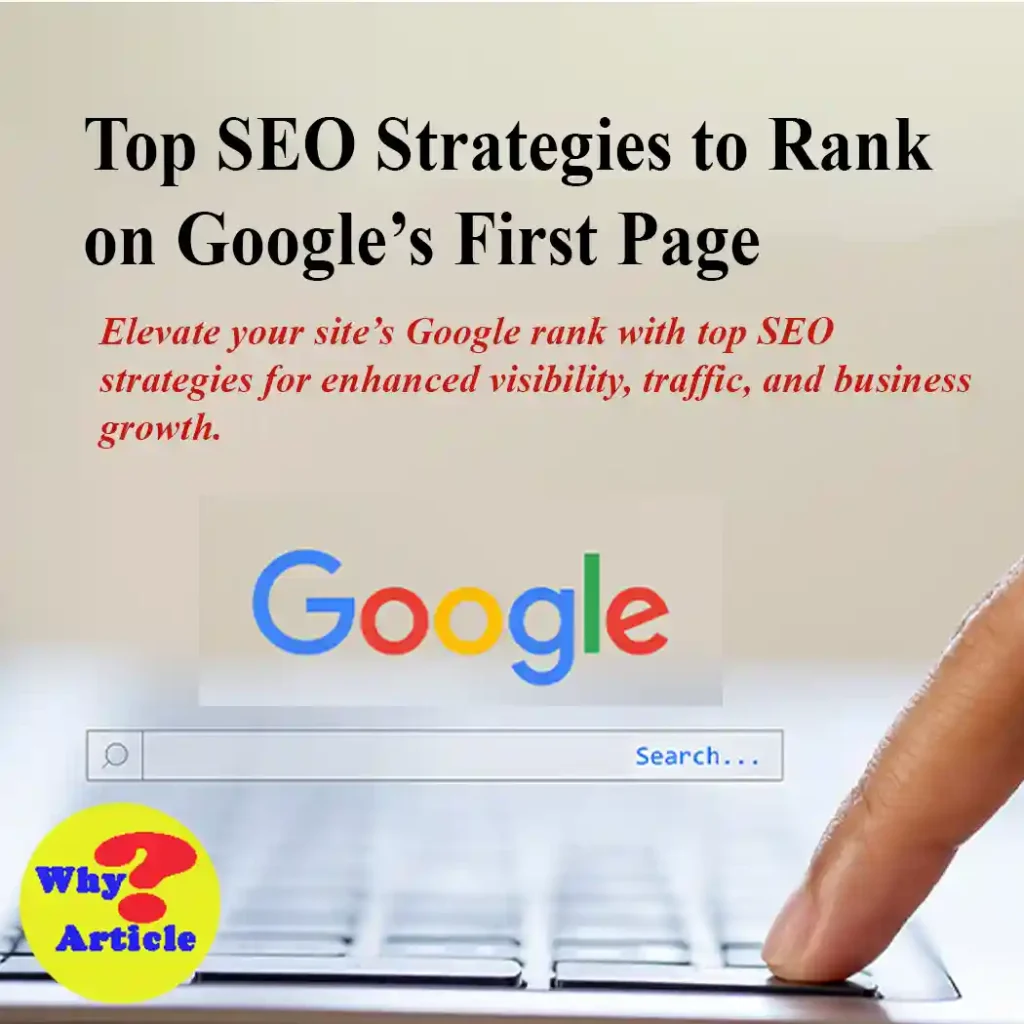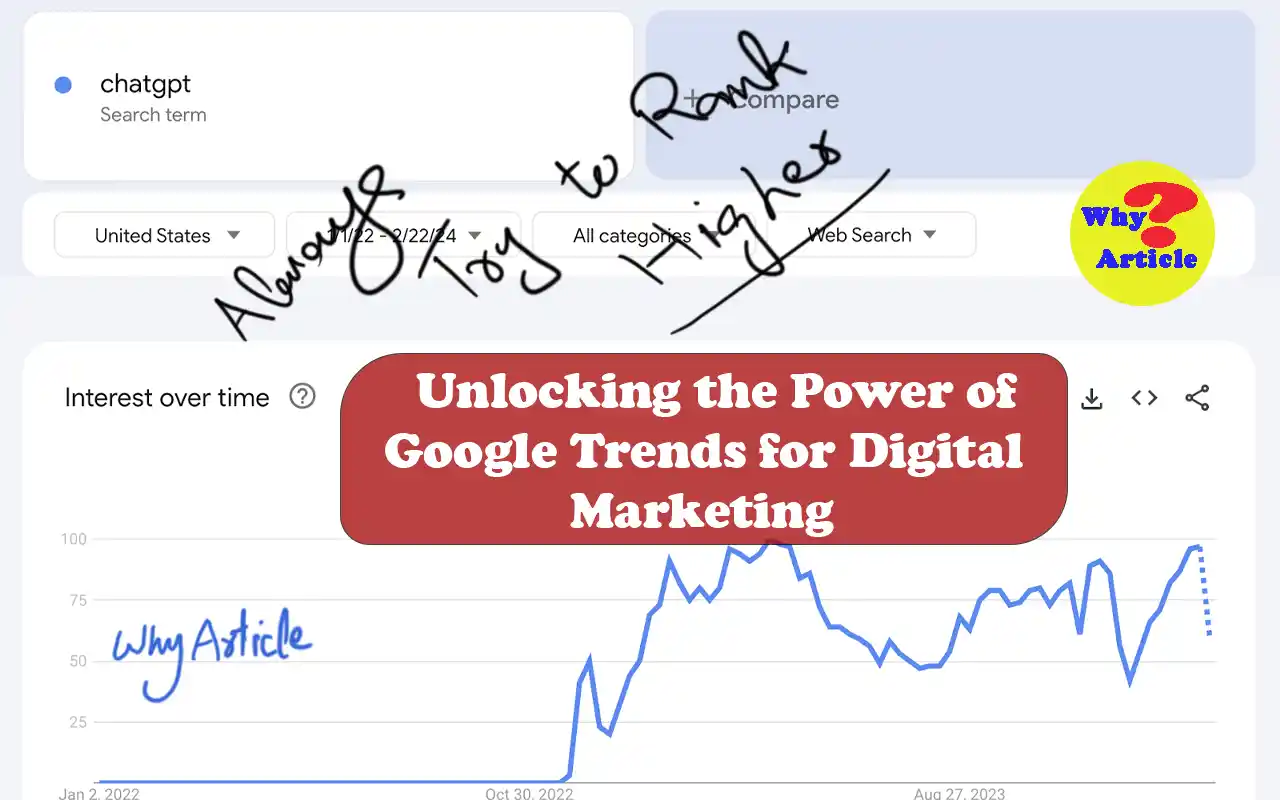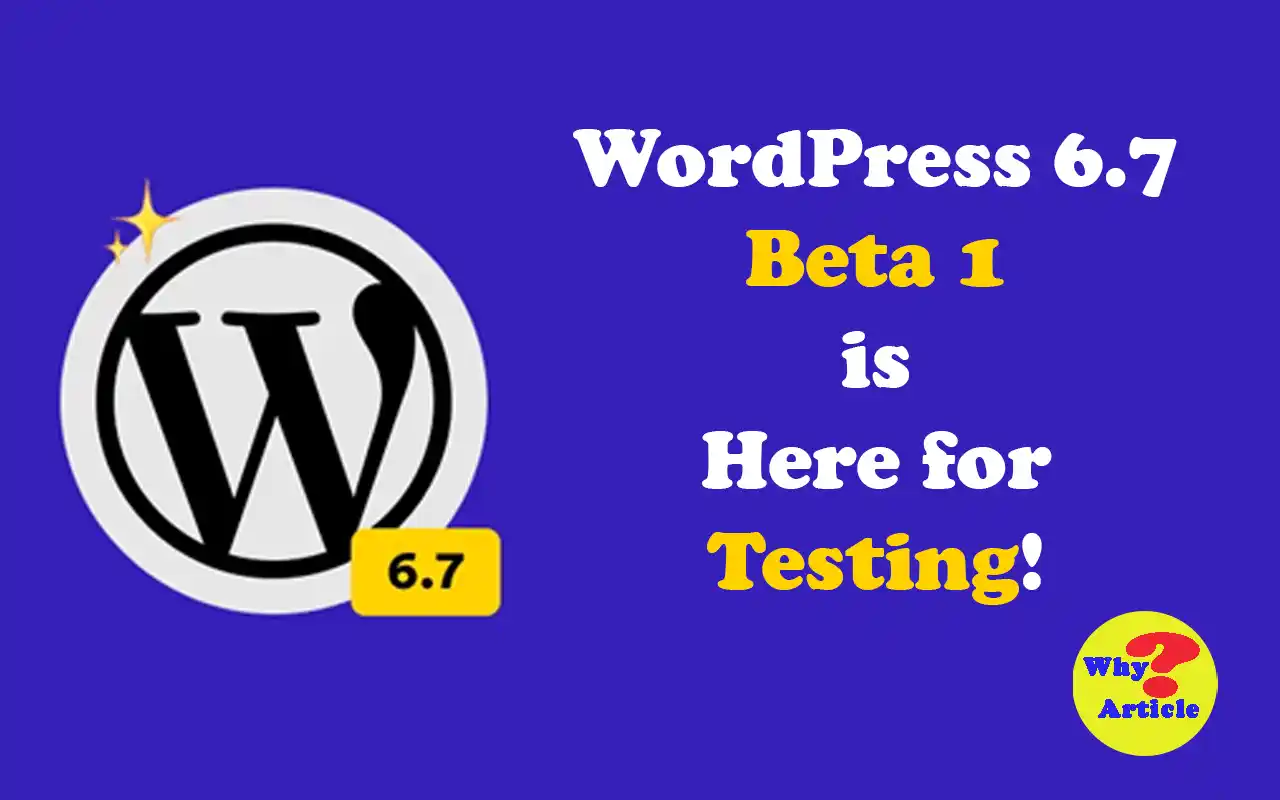Want your website to be on Google’s first page? You’re not alone! Every website owner dreams of that top spot, but with so much competition, it can feel like a daunting task. Don’t worry, though. We’re here to break down the best SEO strategies that can help you achieve that goal.
By following these steps, you’ll improve your online visibility, drive more traffic to your site, and, ultimately, grow your business.
What are SEO Strategies?
SEO (Search Engine Optimization) strategies are plans and actions designed to improve your website’s visibility on search engines like Google. Think of it like tuning up a car; you’re making sure every part works perfectly so it runs smoothly and gets you to your destination faster.
SEO involves a mix of on-page (content, keywords, links) and off-page (backlinks, social signals) techniques.
Why are SEO Strategies Important?
Creating a website is just the first step. Without proper SEO, your beautiful website might never be seen by the audience it’s intended for.
Here’s why SEO strategies are essential:
- Better Online Visibility: Proper SEO ensures your website appears in relevant search results, making it easier for potential customers to find you.
- Higher Organic Search Traffic: SEO brings unpaid traffic to your site, which can lead to more sales and inquiries.
- Cuts Through the Competition: Good SEO practices help you stand out from competitors.
- Boosts Brand Awareness: Being visible on the first page of search results can significantly increase brand recognition.
- More ROI: Effective SEO can result in higher conversion rates and better return on investment.
3 Best SEO Strategies That Drive Results
1. On-Page SEO Strategies: Get More Organic Traffic on Your Website
On-page SEO refers to all the activities you do directly on your website to improve its ranking. Here are some key strategies:
Align Content with Search Intent
Understanding and aligning your content with user search intent is crucial. Users have different intents when they search: informational, navigational, commercial, or transactional.
For example, if someone searches for “best SEO strategies,” they’re likely looking for information.
Your content should provide valuable insights rather than trying to sell something immediately.
Use Keywords Wisely
Using the right keywords is still important. However, the focus should be on naturally integrating them into high-quality content.
Long-tail keywords are particularly useful as they target specific search queries and are less competitive.
Internal and External Linking
Links are the backbone of SEO.
Internal links connect your content and give Google an idea of your site structure.
External links to high-authority sites can boost your credibility.
Make sure your anchor texts are relevant and add value.
Optimize Images
Images make your content more engaging but can slow down your site if not optimized.
Use high-quality images with appropriate alt texts and compress them for faster loading times.
2. Off-Page SEO Strategies: Build Authority and Trust
Off-page SEO focuses on activities outside your website to improve your ranking. This mainly involves building backlinks from reputable sites.
Prioritize Page Authority
Page authority is influenced by the number and quality of backlinks.
Aim to get backlinks from high-authority sites in your niche.
Avoid spammy or irrelevant links, as these can harm your ranking.
Directory Listings
Listing your business in online directories can enhance your SEO. It’s an easy way to get high-quality backlinks and increase your online visibility.
Make sure your NAP (Name, Address, Phone number) information is consistent across all listings.
3. Technical SEO Strategies: Enhance User Experience
Technical SEO involves optimizing your website’s backend to ensure search engines can easily crawl and index your site.
Website Audit
Conducting a thorough website audit can reveal hidden issues affecting your SEO.
Tools like Google Analytics, Ahrefs, and Semrush can help identify problems with content, links, and more.
Mobile Optimization
With a majority of users accessing the internet via mobile devices, ensuring your site is mobile-friendly is crucial.
A responsive design that adjusts to different screen sizes can significantly improve user experience and SEO.
Core Web Vitals
Google’s Core Web Vitals measure your site’s performance in terms of loading speed, interactivity, and visual stability.
Keeping these metrics in check can enhance user experience and boost your ranking.
Frequently Asked Questions
SEO stands for Search Engine Optimization. It involves various strategies to improve a website’s visibility on search engines like Google.
SEO is crucial because it helps your website rank higher in search results, leading to more organic traffic, better brand awareness, and higher conversion rates.
Keywords help search engines understand the content of your website. Using relevant keywords naturally throughout your content can improve your ranking.
On-page SEO involves optimizing the content and structure of your website, while off-page SEO focuses on external factors like backlinks and social signals.
Regularly updating your content ensures it remains relevant and valuable to users. Aim to update key content at least every few months.
Wrapping Up
SEO is a continuous process that requires attention and effort. By implementing these strategies, you can improve your website’s visibility, drive more traffic, and ultimately grow your business. Remember, SEO isn’t just about pleasing search engines; it’s about providing a great experience for your users. Happy optimizing!
By following these tips, you’re on your way to mastering SEO and achieving that coveted first-page ranking on Google. Good luck!




